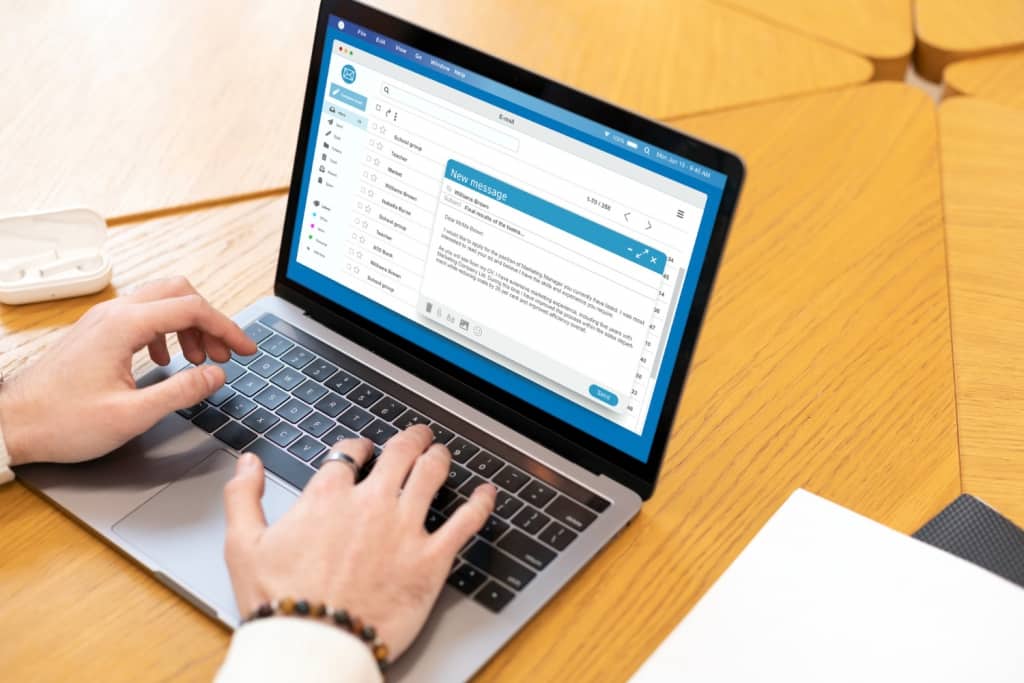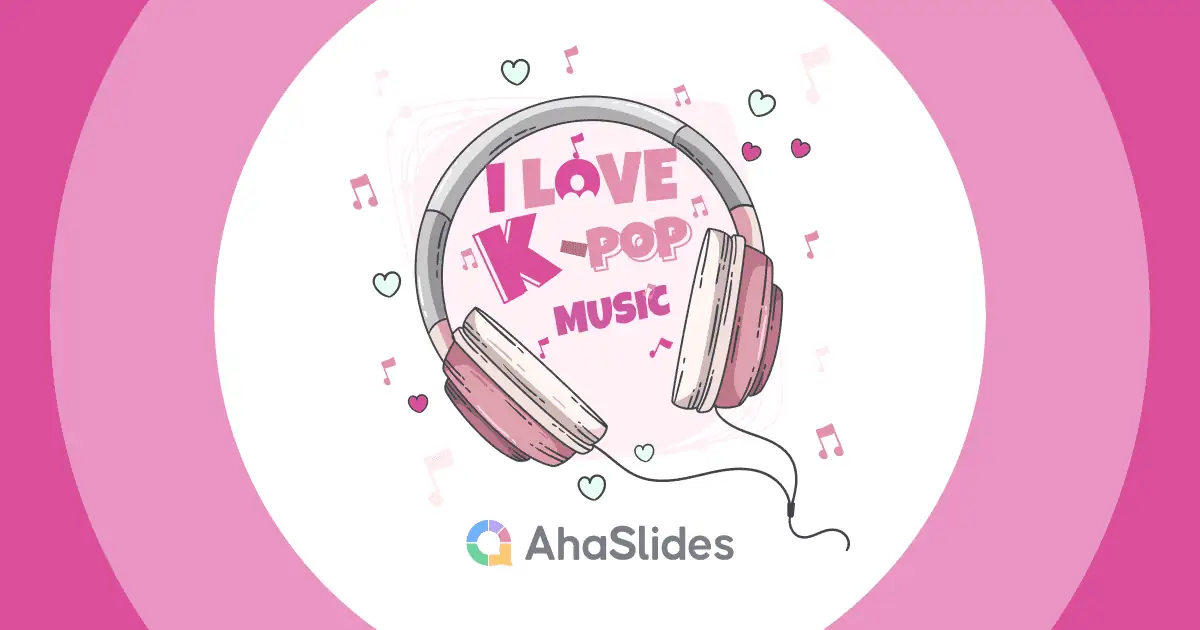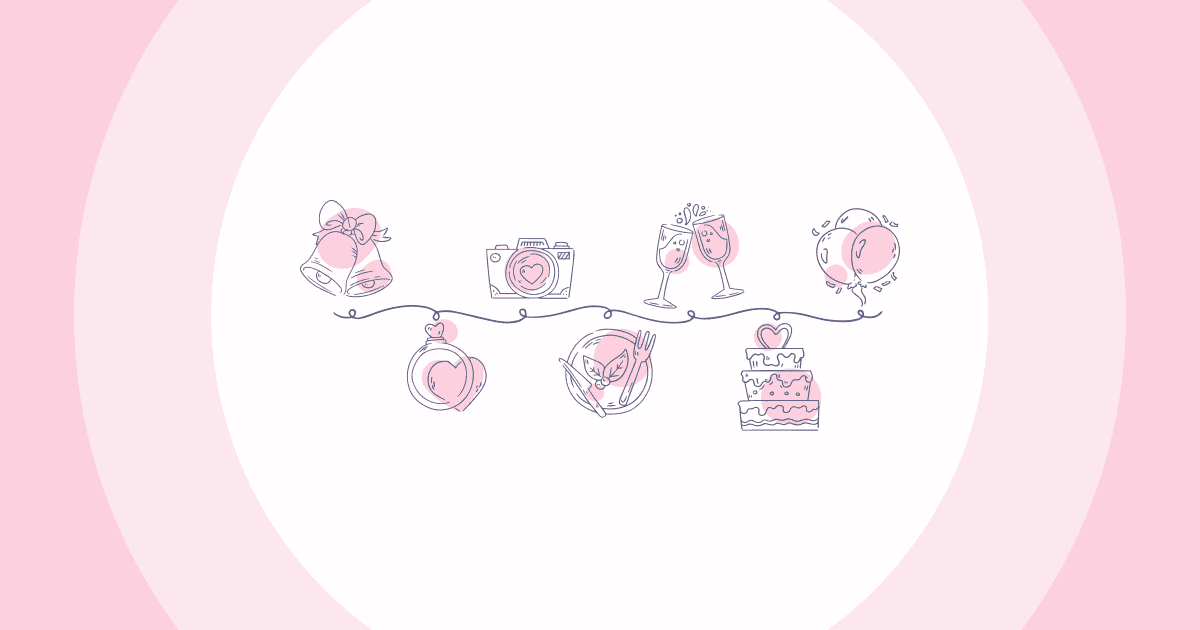Vi har alla varit där. Någon frågar: ”Hur mår du?” och autopiloten sätter igång med ett enkelt ”Bra” eller ”Okej”. Även om dessa svar är artiga maskerar de ofta våra verkliga känslor. Livet kan vara utmanande, och ibland kan en "bra" dag kännas rentav hemsk. Tänk om vi började ta den här frågan som en möjlighet till genuin kontakt? pen_spark
I det här inlägget ändrar vi ditt standardsvar och utforskar fler än 70 sätt att uttrycka dig själv med en Hur mår du Svara i specifika situationer. Vem vet? Du kanske upptäcker en ny nivå av anslutning i dina konversationer.
Innehållsförteckning
- Hur mår du Svara i tillfälliga situationer
- Hur mår du Svara i formella situationer
- Hur mår du Svara när det är tufft
- Hur mår du Svara när du känner dig tacksam
- Hur mår du Svara på formell e-post
- Vanliga frågor

Tips för bättre engagemang
- Live Q&A Verktyg för att stärka din presentation
- Hur man ställer frågor
- Hur man frågar någon om de är okej

Mer kul i din isbrytarsession.
Istället för en tråkig orientering, låt oss starta ett roligt quiz för att interagera med dina kompisar. Registrera dig för att göra ett gratis quiz från AhaSlides mallbibliotek!
🚀 Ta gratis frågesport☁️
Hur mår du Svara i tillfälliga situationer
I vardagliga situationer behöver du inte ge ett långt svar. Men beroende på din relation med personen som ställer frågan kanske du vill justera ditt svar. Du kanske till exempel är mer öppen med en nära vän än med en tillfällig bekant.
Dessutom är det artigt att besvara frågan och fråga hur den andra personen mår. Det visar att du bryr dig om dem och skapar en mer balanserad konversation.
Här är några exempel på hur du svarar i tillfälliga situationer:
- Jag mår bra, tack!
- Inte illa, hur är det med dig?
- Jag mår bra, hur mår du?
- Kan inte klaga, hur har din dag gått?
- Ganska bra, tack för att du frågade!
- Inte för illa, hur är det med dig?
- Det går bra. Hur behandlar livet dig?
- Jag mår bra. Tack för att du tittade in!
- Jag håller ut. Hur är det med dig?
- Jag mår bra. Hur har din vecka varit?
- Jag mår jättebra. Hur är det med dig?
- Inte för mycket att klaga på. Och du då?
- Jag mår ganska bra, tack för att du frågar!
- Mår du bra, hur är det med dig själv?
- Jag mår bra. Hur går din dag?
- Jag mår bra, hur är det med dig?
- Allt är bra. Hur är det med dig?
- Kan inte klaga, hur är allt med dig?
- Ganska bra, hur är det med dig?
- Inte illa. Hur har du det med dagen?
- Jag mår bra. Hur är det med dig?
- Saker och ting är bra, hur är det med dig?
- Jag mår bra. Tack för att du frågar!
- Jag har haft en hektisk dag på jobbet, men jag känner mig taggad.
Hur mår du Svara i formella situationer

I formella situationer bör du använda ett formellt språk och undvika slang eller vardag för att behålla en respektfull ton och ett professionellt uppträdande.
Även om du har en dålig dag, försök att fokusera på de positiva aspekterna av ditt arbete eller din situation. Och glöm inte att uttrycka tacksamhet för personen eller organisationen du interagerar med.
Här är några exempel på
Hur går det för dig att svara i formella situationer:- Jag mår bra, tack för att du tittade in. Hur kan jag hjälpa dig idag?
- Tack för att du kollade på mig. Hur kan jag hjälpa dig?
- Jag mår bra, tack för att du frågar. Det har varit en produktiv dag hittills.
- Jag mår jättebra. Tack för att du frågade. Jag uppskattar din noggrannhet.
- Jag mår bra, tack för att du frågar. Jag ser fram emot vårt möte idag.
- Jag mår bra, tack. Det är ett nöje att vara här idag.
- Tack för din förfrågan. Jag mår bra. Det är en ära att samarbeta med ditt team.
- Jag mår bra, tack för att du frågar. Jag uppskattar möjligheten att vara här idag.”
- Jag mår bra. Tack för att du tittade in. Det är en hektisk dag, men jag klarar mig.
- Jag mår bra, tack för att du frågar. Jag ser fram emot att diskutera projektet vidare med dig.
- Jag mår bra, tack. Jag uppskattar möjligheten att prata med dig idag.
- Jag mår bra. Tack för din förfrågan. Jag är tacksam för chansen att arbeta med det här projektet.
- Jag mår bra, tack för ditt intresse. Jag är övertygad om att vi kan hitta en lösning.
- Jag mår bra, och jag uppskattar att du hör av dig. Jag är intresserad av att veta mer om dina mål.
- Jag mår bra, tack för att du frågar. Jag ser fram emot att gå igenom detaljerna med dig.
- Jag mår bra, tack för din förfrågan. Jag är optimistisk om våra framsteg hittills.
- Jag mår bra, och jag uppskattar din omtanke. Jag är ivrig att komma igång med projektets detaljer.
- Jag mår bra, tack för att du frågar. Jag är mån om att erbjuda högkvalitativ service.
Hur mår du Svara när det är tufft

Det är okej att erkänna att du har det tufft och vara ärlig om dina känslor. Du behöver inte gå in på detaljer om allt som går fel. Håll istället ditt svar koncist och rakt på sak.
Var dessutom inte rädd för att be om hjälp eller stöd. Att låta andra veta att du kämpar kan hjälpa dig att känna dig mindre ensam.
Här är några exempel du kan behöva:
- Jag mår inte särskilt bra just nu. Men jag uppskattar din omtanke.
- Jag går igenom en svår tid just nu. Men jag gör mitt bästa för att hantera det.
- Jag har det tufft. Men jag vet att det kommer att bli bättre så småningom.
- Jag går igenom en tuff period, men jag gör mitt bästa för att fortsätta.
- Ärligt talat kämpar jag. Hur är det med dig?
- Det har varit en tuff dag, men jag försöker fokusera på det positiva.
- Jag mår inte särskilt bra idag, men jag försöker vara stark.
- Jag har det tufft idag, men jag vet att jag inte är ensam om det.
- Idag har varit utmanande, men jag försöker vara uppmärksam och närvarande.
- Ärligt talat kämpar jag verkligen just nu.
- Det har varit en tuff tid, men jag försöker hålla hoppet uppe.
- Jag mår inte särskilt bra, men jag är tacksam för stödet från mina vänner och familj.
- För att vara ärlig så har idag varit ganska överväldigande.
- Jag går igenom en tuff period, men jag gör mitt bästa för att hålla mig stark.
Hur mår du Svara när du känner dig tacksam
Gör det till en vana att uttrycka din tacksamhet regelbundet, inte bara när någon frågar hur du mår. Detta kommer att hjälpa dig att odla en mer positiv inställning överlag.
Här är några exempel på
Hur gör du Svara när du känner dig tacksam:- Jag mår verkligen bra, är tacksam för min hälsa och min familj.
- Jag mår bra, tack för att du frågar. Jag känner mig väldigt lyckligt lottad och tacksam idag.
- Jag mår bra, och känner mig tacksam för mitt jobb, mitt hem och mina nära och kära.
- Jag mår bra, och känner mig tacksam för de lärdomar jag har lärt mig och människorna i mitt liv.
- Jag känner mig välsignad för alla upplevelser som har format mig.
- Jag känner mig tacksam för de små glädjestunderna som gör livet speciellt.
- Jag mår bra och känner mig tacksam för naturens skönhet omkring mig.
- Jag känner mig tacksam för människorna i mitt liv som gör varje dag ljusare.
- Jag mår verkligen bra, tacksam för vänligheten från främlingar och kärleken från familjen.
- Jag mår jättebra, och känner mig tacksam för möjligheten att kunna hjälpa andra.
- Jag är tacksam för de blygsamma glädjeämnen i livet som gör mig lycklig.
- Jag mår fantastiskt, är tacksam för minnen jag har skapat och äventyren som ligger framför mig.
Hur mår du Svara på formell e-post

Kom ihåg att du kommunicerar formellt, så ditt svar bör vara lämpligt och professionellt.
Dessutom måste du se till att du använder ett artigt språk, korrekt grammatik och skiljetecken i ditt svar. Det hjälper till att förmedla en professionell ton och undvika missförstånd. Efter att ha svarat på frågan, visa intresse för mottagaren genom att fråga hur de har det eller om det finns något du kan hjälpa dem med.
Här är några exempel på
Hur gör du Svara på formell e-post:- Jag mår bra. Tack för din vänliga förfrågan. Det är kul att höra från dig igen.
- Jag uppskattar din omtanke. Jag mår bra och hoppas detsamma för dig.
- Tack för att du tittade in. Jag mår bra, och jag hoppas att du också mår bra. Hur kan jag hjälpa dig ytterligare?
- Jag mår bra, tack för att du frågar. Jag hoppas att du också mår bra. Hur kan jag hjälpa dig?
- Jag uppskattar din förfrågan. Jag mår bra, tack. Hör gärna av dig om du behöver något mer.
- "Tack för ditt mejl. Jag mår bra, och jag hoppas att du mår bra av det här meddelandet."
- Jag mår bra, tack för att du frågar. Jag hoppas att din vecka har gått smidigt hittills.
- Jag uppskattar din omtanke. Jag mår bra, tack. Hur kan jag hjälpa dig?
Key Takeaways
Oavsett om du svarar i en informell chatt eller ett formellt e-postmeddelande måste du skräddarsy ditt svar till det specifika sammanhanget och uttrycka dig autentiskt. Så förhoppningsvis kommer de 70+ "Hur du gör"-svaren ovan att hjälpa dig att få en djupare kontakt med andra.
Och glöm inte det AhaSlides ger ett innovativt sätt att engagera din publik och samla in feedback om hur de gör. Med vår mallar, kan du enkelt skapa interaktiva omröstningar och Frågor och svar som låter din publik dela sina tankar och känslor i realtid. Så varför inte ge oss ett försök och ta dina presentationer till nästa nivå?
Vanliga frågor
Varför frågar folk "Hur mår du?"
Folk frågar ofta: ”Hur mår du?” för att visa att de bryr sig om dig och är intresserade av ditt välbefinnande. Det är en vanlig hälsning i olika sammanhang, från vardagliga samtal till formella möten eller e-postmeddelanden.
Hur svarar jag på frågan "Hur mår du?" i en professionell miljö?
När du svarar på frågan ”Hur mår du?” i en professionell miljö kan du svara så här:
– Jag mår jättebra. Tack för att du frågade. Jag uppskattar din noggrannhet.
– Jag mår bra, tack för att du frågar. Jag ser fram emot vårt möte idag.
– Jag mår bra, tack. Det är ett nöje att vara här idag.
– Tack för din förfrågan. Jag mår bra. Det är en ära att samarbeta med ditt team.
– Jag mår bra, tack för att du frågar. Jag uppskattar möjligheten att vara här idag.”
Hur berättar man hur mår du?
– Fråga enkelt och artigt ”Hur mår du?”
– Fråga om deras allmänna välbefinnande med frågan ”Hur har du mått?”
– Fråga om en specifik aspekt, som ”Hur har det gått med jobbet/skolan?”
– Hör empatiskt av med ”Du verkar stressad, hur mår du?”
– Ljusa upp stämningen genom att fråga ”Hur har livet behandlat dig på sistone?”








